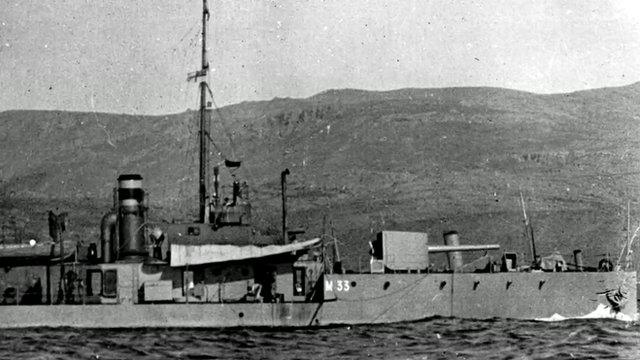Gallipoli centenary: Prince Charles meets veterans' relatives
- Published
Prince Charles read an extract from John Masefield's Gallipoli at the ceremony
The Prince of Wales has paid tribute to the "heroism and humanity" of those who fought in Gallipoli, one of World War One's bloodiest campaigns, at a centenary ceremony in Turkey.
Prince Charles and Prince Harry also met relatives of Gallipoli veterans.
They joined leaders from Australia, New Zealand and Turkey - which all lost thousands of troops - at memorials.
About 131,000 - made up of 45,000 Allied forces and 86,000 from Turkey - died in the campaign.
The fatalities included about 25,000 British military personnel, 10,000 from France and 10,000 from Australia and New Zealand.
'Shared duty'
The series of events in Turkey - to mark the 100th anniversary of the landings on the peninsula of Gallipoli - included an international ceremony and a Commonwealth and Irish commemoration. A separate service also marked France's participation.
Prince Charles and Prince Harry met 15 relatives of Gallipoli veterans on board HMS Bulwark, the Royal Navy's flagship.
At the international ceremony, Prince Charles said everyone had a "shared duty" to overcome intolerance and fight prejudice "so we can truly say we have honoured the sacrifice of all those who have fought and died here on the battlefield at Gallipoli and elsewhere."
At the Commonwealth and Ireland service at Cape Helles, Prince Charles read an extract from John Masefield's book Gallipoli.
Wreaths were laid by representatives including Australian Prime Minister Tony Abbott and New Zealand Prime Minister John Key.
The President of Ireland, Michael Higgins, also attended.

What was Gallipoli?
The Gallipoli campaign
1915-16
-
350,000 British troops, 25,000 died
-
79,000 French troops, 10,000 died
-
74,000 Anzac troops, 10,000 died
-
400,000 Turkish troops, 86,000 died
After a failed naval attack, the Allies tried to capture Constantinople (now Istanbul) via the Gallipoli peninsula by land assault
The amphibious assault started at dawn on 25 April, 1915
British, French and their dominions' troops - including soldiers from Australia, New Zealand, India and Newfoundland - took part
They faced months of shelling, sniper fire and sickness, before abandoning the campaign
45,000 Allied troops died for no material gain, although the Turkish Army was tied down for eight months
86,000 Turkish troops died. Commander Mustafa Kemal survived and went on to found modern Turkey

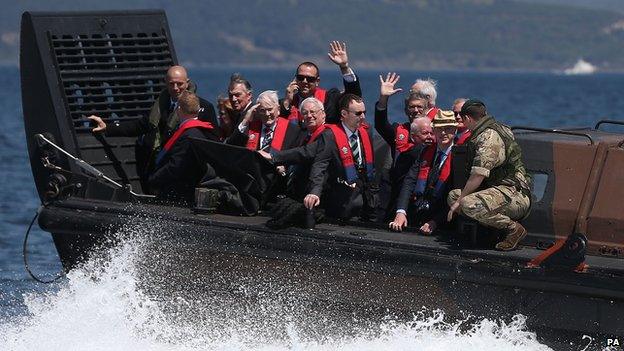
The relatives were taken to the Turkish shore on an amphibious landing craft
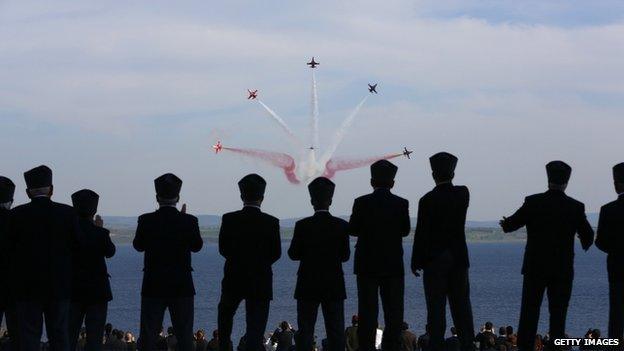
Planes flew over the Canakkale Matyrs' Memorial during one of the centenary ceremonies
Ben Goddard, 37, travelled to Turkey to honour his great-grandfather Pte Alfred William Goddard, of 2nd Hampshire Regiment, who landed on V Beach on 25 April 1915.
He was hit on the elbow by shrapnel 11 days later, but survived the fighting.
Mr Goddard, from Ropley in Hampshire, said: "So many men fought and did not come back. That should be remembered, whether the campaign was a disaster or not."
An international ceremony took place on the Gallipoli peninsula
Hugh Gillespie, 72, from North Yorkshire, made the journey in memory of his grandfather, Lt Col Franklin Gillespie, who was killed by a sniper while leading a raid.
"Our soldiers behaved so exceptionally and fought extremely well in difficult conditions. I think it is an object lesson in making sure the strategy is right in the first place," he said.
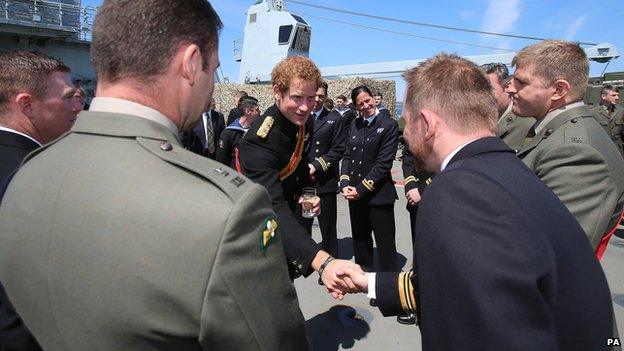
Prince Harry met relatives of veterans on board HMS Bulwark, in Turkey's Dardanelles straits
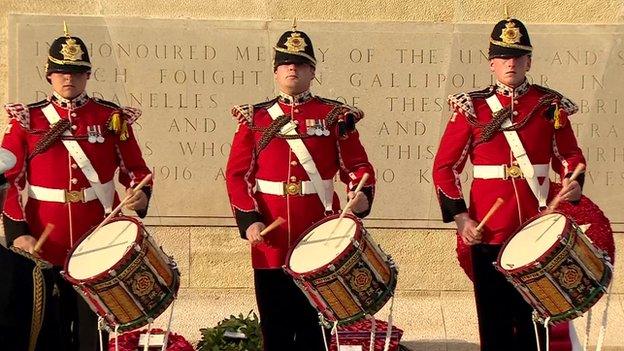
The Commonwealth and Ireland service was held at Cape Helles
The events are commemorating the World War One campaign when Allied forces landed on the Gallipoli peninsula in modern-day western Turkey - then part of the Ottoman Empire - in April 1915.
However, the invasion failed, with the Allied forces unable to advance more than a few miles inland.
A bloody stalemate ensued which lasted until Allied troops evacuated the peninsula in January 1916.

At the scene
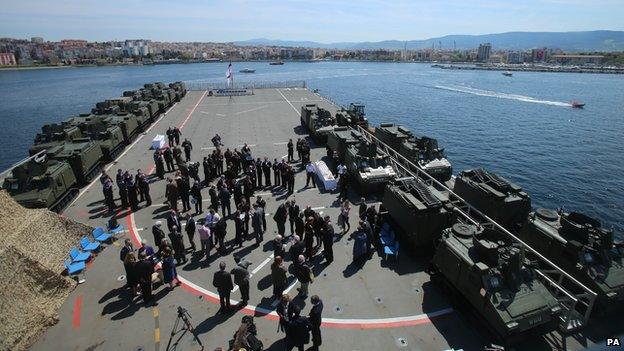
Mark Lowen, BBC News, Gallipoli
With the sun glinting off the water and lush forests dotting the peninsula, it's hard to imagine the horror that engulfed Gallipoli a century ago.
Over nine months, the beaches became bloodbaths as Allied forces attempted their failed invasion.
The anniversary is being marked by several ceremonies to remember the thousands of victims.
We were on board HMS Bulwark as Prince Charles and Prince Harry met descendants of the soldiers, hearing of heroism and the intense fighting in 1915, when troops were gunned down even before their boats landed on the beaches.
Joining the royals at the ceremonies are the prime ministers of Australia and New Zealand, for whose countries Gallipoli marked the birth of their national consciousness - fighting in major warfare for the first time as independent nations.
Leading the ceremonies: the president of Turkey, which emerged from the ashes of the Ottoman Empire under Ataturk, a brilliant Gallipoli commander.
It's a campaign remembered for different reasons by all sides.

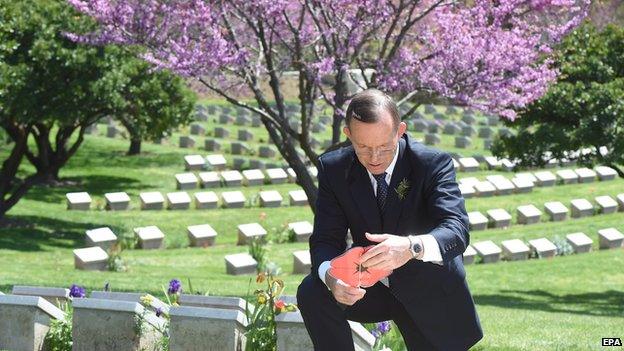
Australian Prime Minister Tony Abbott was among world leaders due to attend services
Events will continue in Turkey on Saturday with services for Anzac Day, which is widely marked in Australia and New Zealand.
In London, the Queen, the Duke of Edinburgh - who is patron of the Gallipoli Association - and Prince William will be joined by senior government and military figures to lay wreaths at the Cenotaph in Whitehall.
Correction: An earlier version of this story stated that 35,000 British military personnel had died in the Gallipoli campaign, rather than 25,000.

Why do Australians and New Zealanders mark Anzac Day?
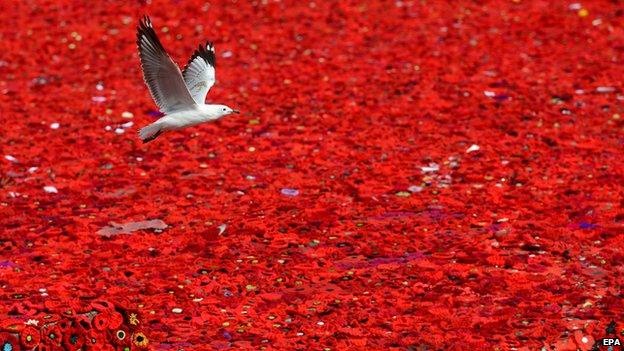
In Melbourne, 5,000 poppies have been laid in Federation Square as part of the commemorations
Gallipoli was the first campaign Australia and New Zealand fought as independent nations
They joined the Allies in an attempt to knock Germany's Turkish allies out of World War One
But the Anzac forces barely advanced a mile inland
10,000 Anzacs died while 23,000 were injured, which had a devastating impact on the male population of the fledgling nations

Did you know someone who took part? Will you be attending any of the memorial events taking place to mark the occasion? You can share your family memories by emailing haveyoursay@bbc.co.uk, external. Please include a telephone number if you are willing to be contacted by a BBC journalist.
Email your pictures to yourpics@bbc.co.uk, external, upload them here, external, tweet them to @BBC_HaveYourSay, external or text 61124. If you are outside the UK, send them to the international number +44 7624 800 100.
Or WhatsApp us on +44 7525 900971
Read our terms and conditions.
- Published24 April 2015
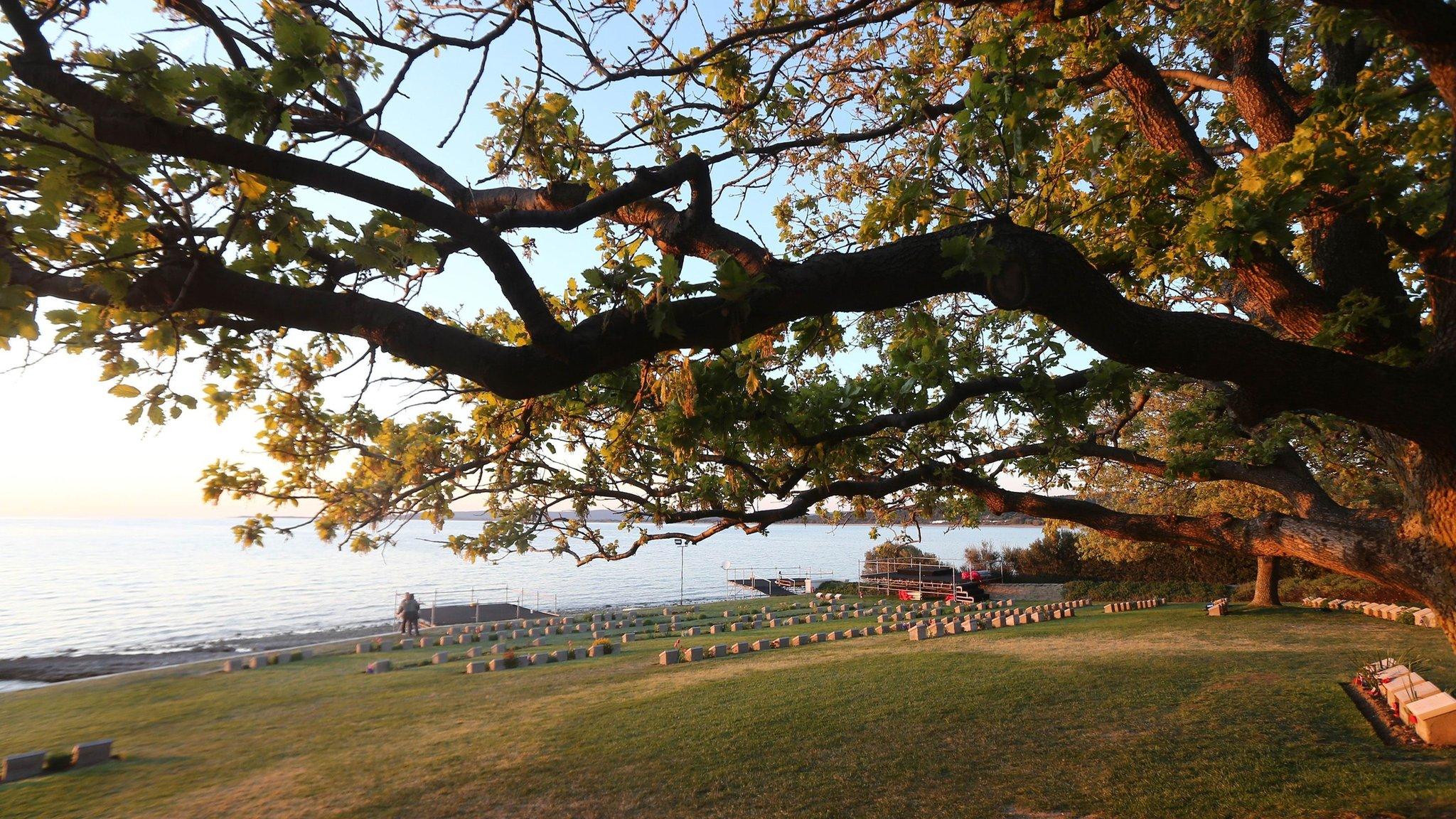
- Published24 April 2015
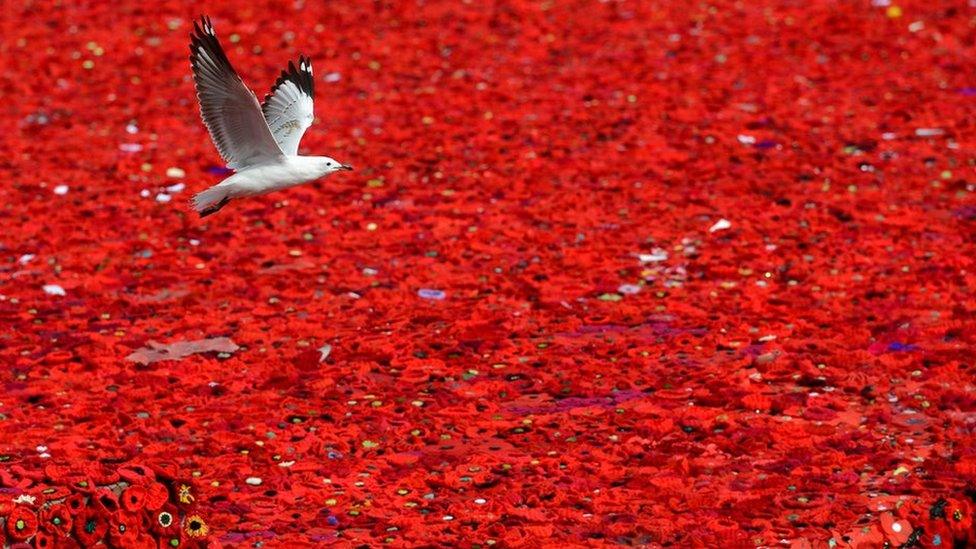
- Published24 April 2015
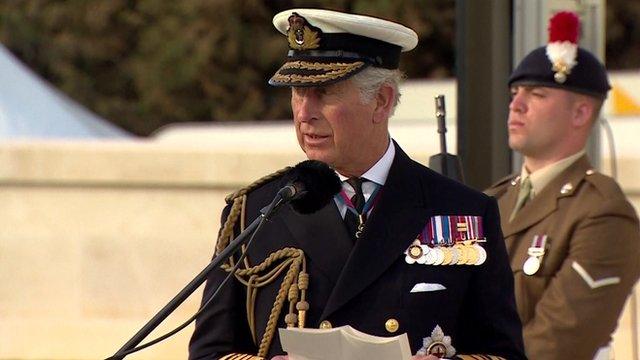
- Published24 April 2015
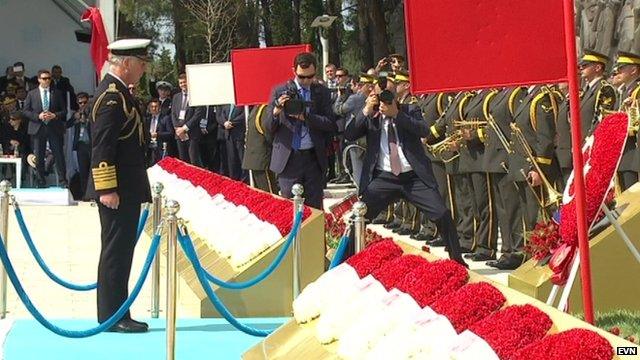
- Published24 April 2015
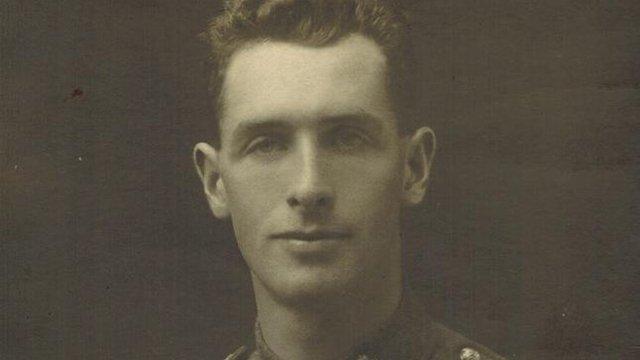
- Published24 April 2015
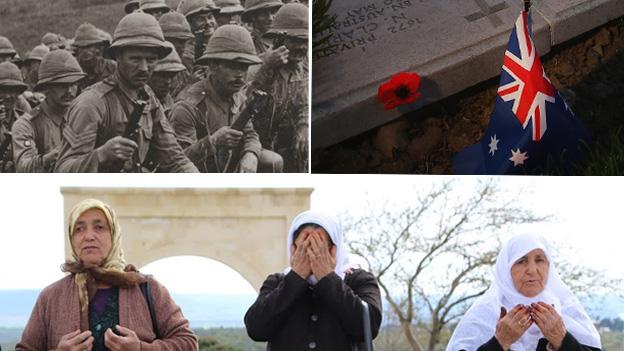
- Published24 April 2015
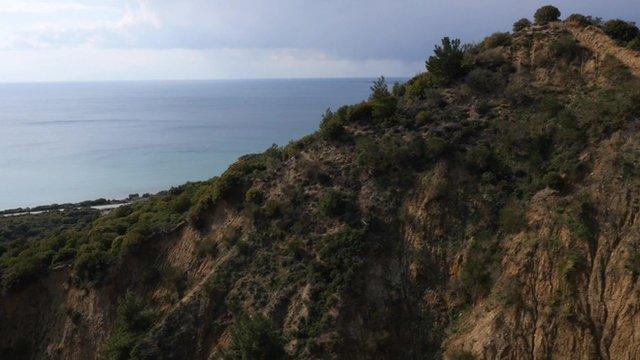
- Published23 April 2015
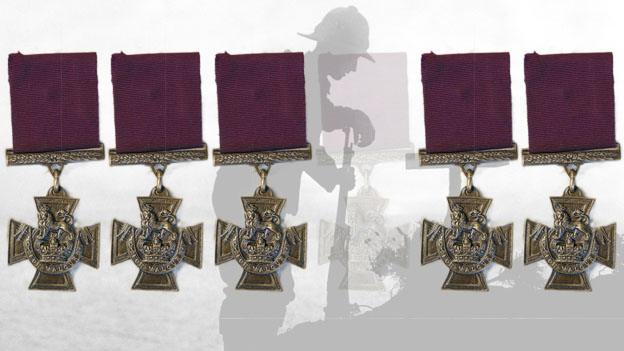
- Published23 April 2015
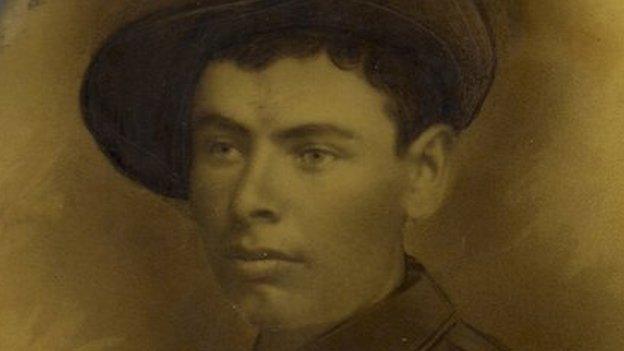
- Published23 March 2015
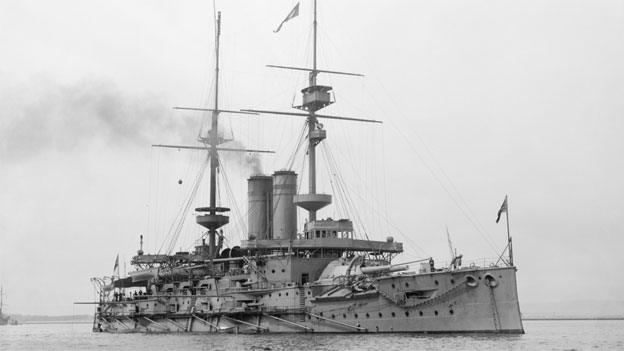
- Published20 April 2015
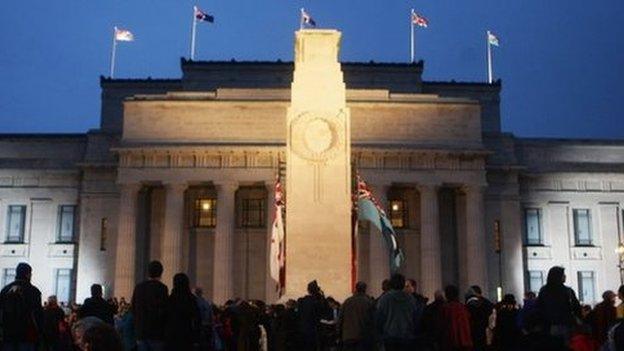
- Published19 February 2015
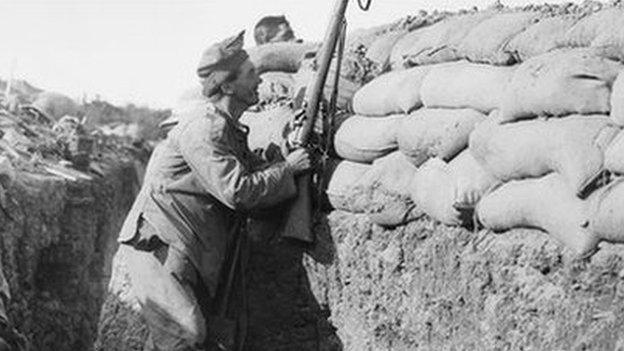
- Published9 April 2015
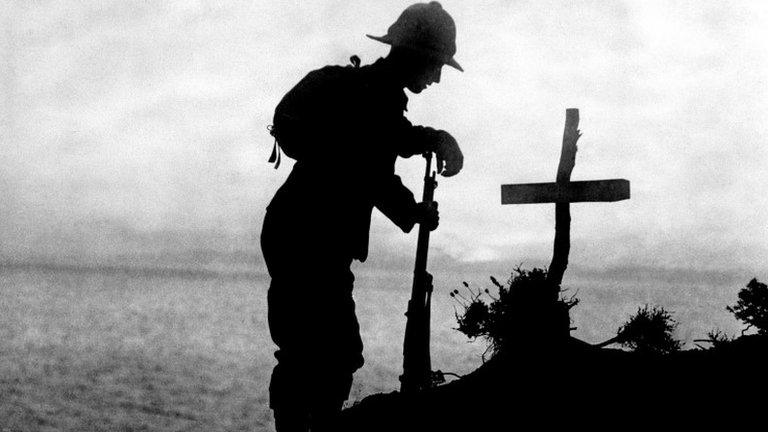
- Published3 March 2015
